Innovation & Circular Economy
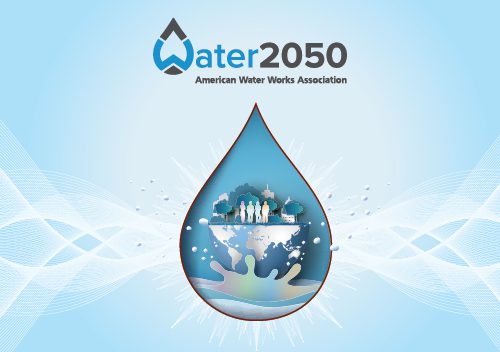

Overview
The Innovation and Circular Economy Strategic Implementation Team (SIT) is driving the adoption of innovative technologies and circular economy principles to create a more equitable, efficient, and resilient water future. We aim to demonstrate the widespread benefits of these practices across economic, environmental, and societal facets.
Technology for Equity and Sustainability
We’re exploring how technology can address interconnected challenges in the water sector, including fostering innovation, building capacity for smart systems, enhancing digital skills, and standardizing data practices.
Circular Water Economy
We’re promoting the implementation of circular economies in the water sector to address resource constraints and unlock the full potential of water. This includes educating stakeholders on the importance and benefits of a circular water economy and developing practical strategies for its implementation.

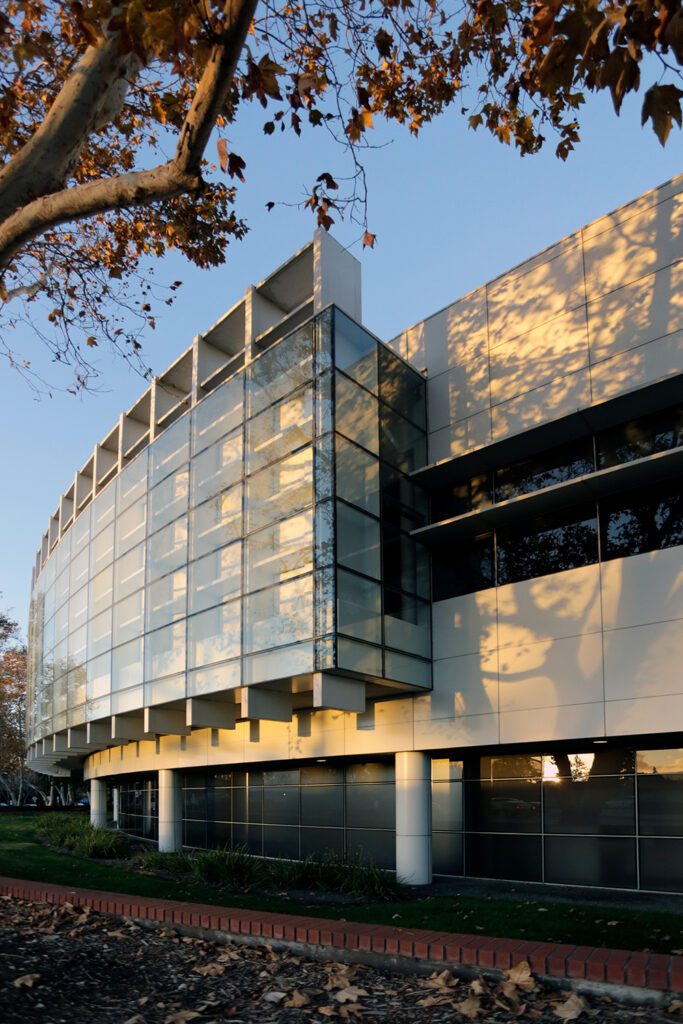
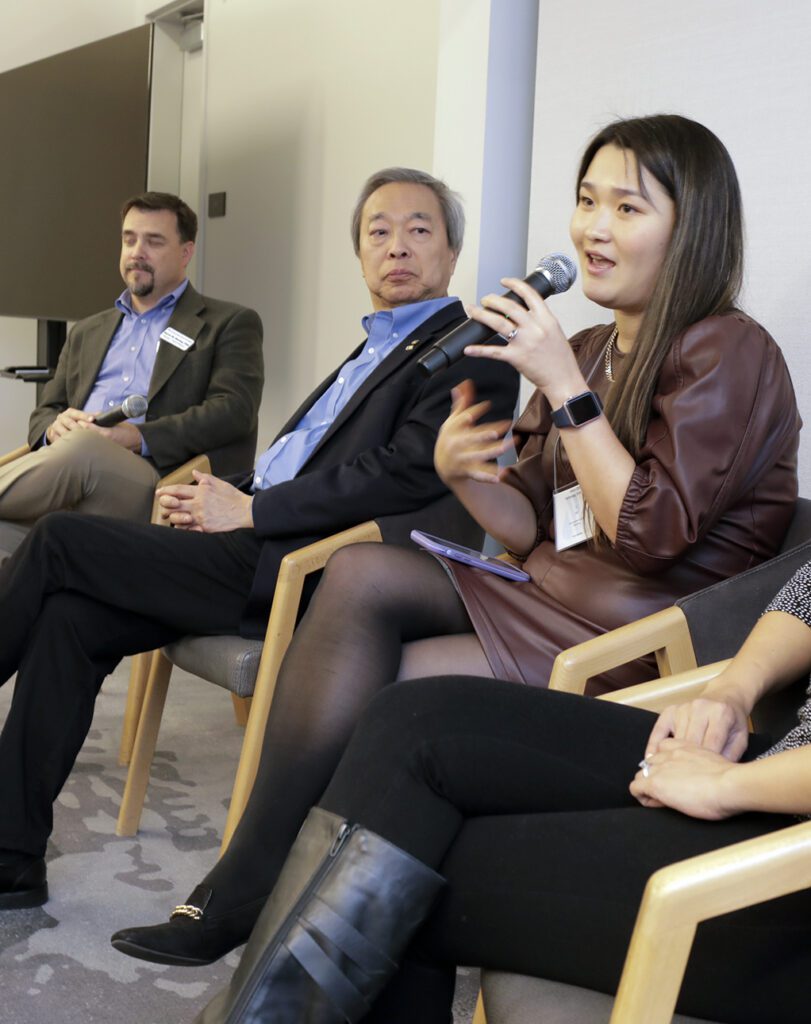
Water 2050: Innovation & Circular Economy
The envisioned world of 2050 will include:
- Technologically transformed water management with point-of-use and fit-for-purpose treatment technologies.
- An innovative recycling approach and market-driven incentive structure for more efficient use of water and its by-products to generate less waste.
- Optimized conservation as consumers gain a greater understanding of their water needs vs. water usage.
- Partnerships and integration between the water and other industries to create more efficient and effective ways to sustain water while providing service.
Recommended Actions
The short-term recommended actions for the Innovation & Circular Economy Strategic Priority include:
- Maximize efficiency through reuse, conservation, and expanding collaboration with other sectors/Employ digital solutions such as AI and machine learning to optimize efficiency, operations, and water quality.
- Strive for rapid adoption of technology that results in equitable and sustainable outcomes.
- Optimize efficiency through a circular water economy.
Resources

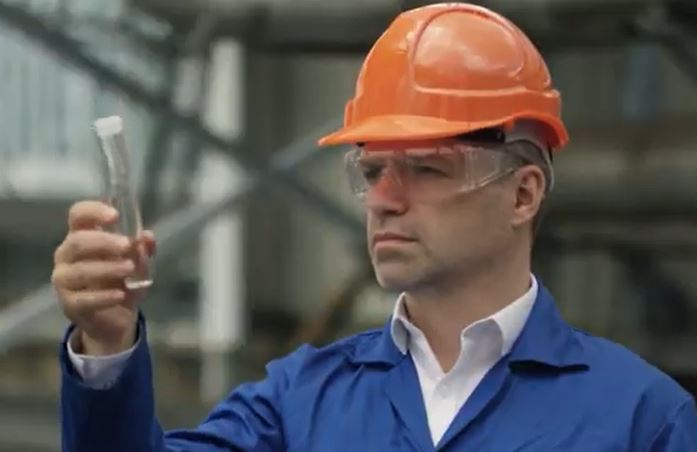
Technology Innovation for the Future of Water
In 2050, new drinking water, wastewater, and water supply challenges will demand advanced technologies. The water sector must innovate new solutions for water treatment, source water protection, water reuse, desalination, updating aging infrastructure, and much more.
See All Water 2050 Videos
Advertisement
Water 2050 Think Tank Reports
Technology Think Tank:
The second think tank was held in December and focused on technology. Participants included representatives from the water and wastewater utility, manufacturing and consulting communities; innovation incubators, Silicon Valley thought leaders, privacy and cybersecurity experts, regulators and academics, CEOs and an agriculture research hydrologist.


Technology Think Tank
Computer History Museum, Mountain View, California, December 2022
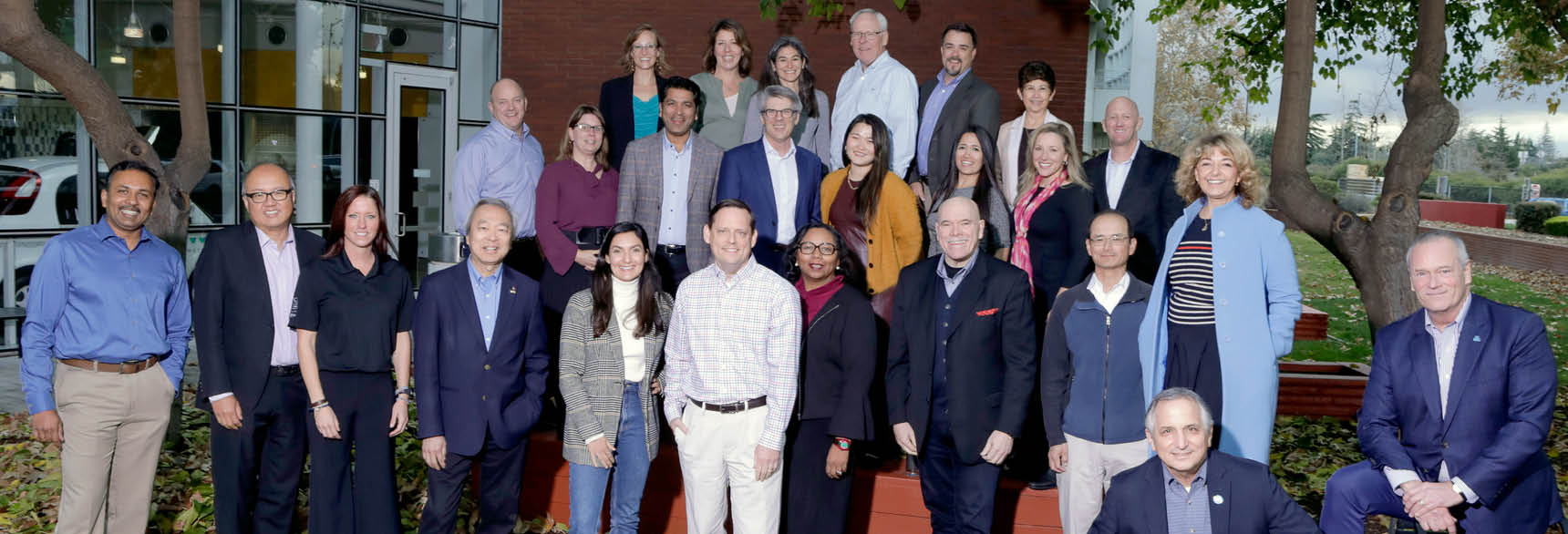
Participants

Cristina Ahmadpour
President and Managing Director (Americas) Isle Utilities

Christine Boyle, Ph.D.
Vice President of Business Incubation Xylem Inc.

Clifford Chan
General Manager East Bay Municipal Utility District

Colin Chung
Founder and President Kayuga Solution

Zonetta English, MBA, Assoc. DBIA
Strategic Initiatives and Project Delivery Director Louisville MSD (Louisville/Jefferson County Metropolitan Sewer District)

Judith Germano
Founder and Lead Counsel Germano Law LLC

Sally Gutierrez
Sr. Advisor to the Director of the Center for Environmental Solutions and Emergency Response U.S. EPA, Office of Research and Development

Jihyon Im
Environmental Engineer CDM Smith Inc.

Joe Jacangelo, Ph.D.
Vice President Director of Research Stantec

Gigi Karmous-Edwards
CEO Karmous-Edwards Consulting LLC

Patrick Keaney
Worldwide Head of Business Development for Water Amazon Web Services

Thomas Kuczynski
Vice President of Information Technology District of Columbia Water and Sewer Authority (DC Water)

David LaFrance
CEO AWWA

Mahesh Lunani
Founder and CEO AQUASIGHT

Barb Martin
Director of Engineering and Technical Services AWWA

Randy Moore
Director of Sales, Agency Development and Industry Affairs Tnemec Company, Inc.

Kevin Morley
Manager, Federal Relations AWWA

Martha Nunez
Project Manager, Asset Management Products Autodesk, Inc.

Andy O’Reilly, Ph.D.
Research Hydrologist U.S. Department of Agriculture

Vishnu Rajasekharan, Ph.D.
Senior Manager, Innovation & Research Hach Company

Andy Richardson
Board Chairman Emeritus Greeley and Hansen
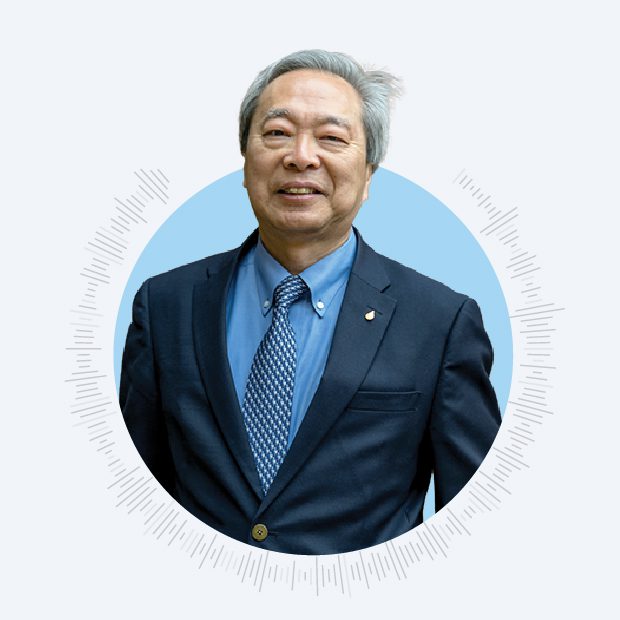
Chi Ho Sham, Ph.D.
Past President, AWWA Independent Consultant

Travis Smith
Senior Director of Strategic Marketing Badger Meter

Pauli Undesser
Executive Director Water Quality Association (WQA) and Water Quality Research Foundation (WQRF)

Carol Walczyk
Vice President of Process Efficiency Analytics Veolia North America
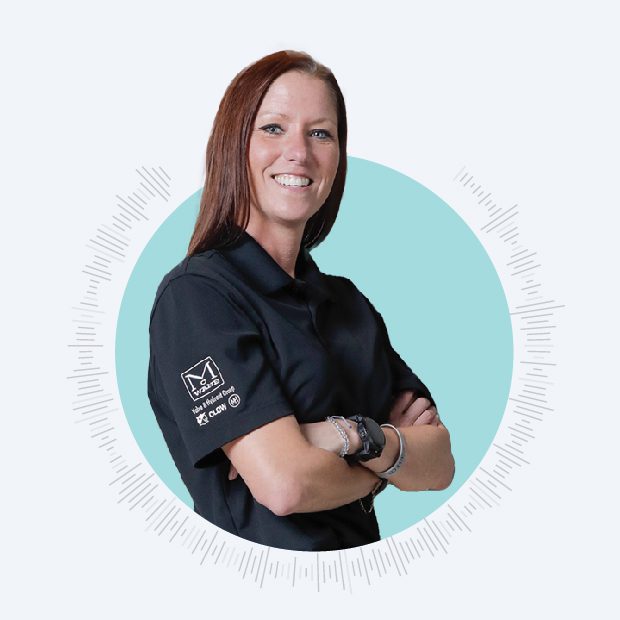
Shannon Wedding
Director of Business Development & Product Management McWane, Inc.
Advertisement

